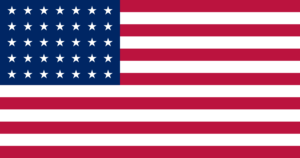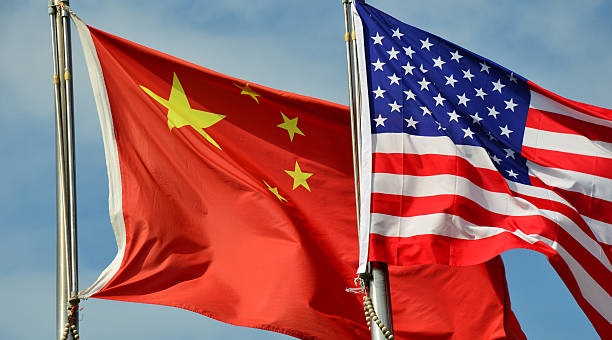The U.S. Trade Representative’s office (USTR) said on Tuesday some of the steep U.S. tariff increases on an array of Chinese imports, including electric vehicles (EVs) and their batteries, computer chips and medical products will be delayed by at least two weeks.
USTR said in May those tariffs would take effect on August 1 but the office said it is still reviewing 1,100 comments received and now expects to issue a final determination in August.
The office added the new tariffs will take effect approximately two weeks after the final determination is released.
President Joe Biden in May opted to keep tariffs put in place by his Republican predecessor Donald Trump while ratcheting up others, including a quadrupling of import duties on Chinese EVs to over 100% and doubling semiconductor duties to 50%.
USTR also sought input whether a proposed 25% duty on medical masks, gloves and a planned 50% tariff on syringes should be higher.
Washington is investing hundreds of billions of dollars in clean energy tax subsidies to develop U.S. EV, solar and other new industries, and has said China’s state-driven excess production capacity in these sectors threatens the viability of U.S. companies.
The tariffs are meant to protect American jobs from a feared flood of cheap Chinese imports.
The new measures affect 18 billion dollars in current imported Chinese goods including steel and aluminum, semiconductors, electric vehicles, critical minerals, solar cells and cranes, the White House said.
The EV figure may have more political than practical impact in the U.S., which imports few Chinese EVs that are subject to prior vehicle tariffs.
The Port Authority of New York and New Jersey said the tariffs would increase the cost of each crane by 4.5 million dollars “causing a significant strain on the port’s limited resources.”
The largest two categories, making up 13.2 billion dollars of the targeted imports from China in 2023, are lithium-ion batteries, according to U.S. Census Bureau data.
The U.S. imported 427 billion dollars in goods from China in 2023 and exported 148 billion dollars to the world’s No. 2 economy, a trade gap that has persisted for decades and become an ever more sensitive subject in Washington.







